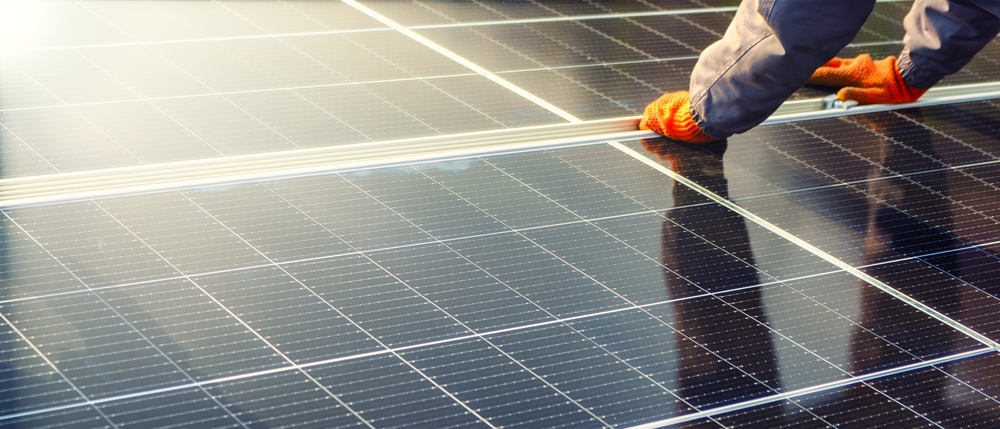Regulation, Solar, Sourcing Renewables - January 19, 2024
Pentagon, Federal Buildings to Install Solar Panels
The Pentagon plans to install solar panels as part of the U.S. Department of Energy’s program that will allocate $104 million for energy conservation and clean energy projects at 31 federal facilities.
The Pentagon will install rooftop solar panels, a heat-recovery heat pump system, and solar thermal panels to reduce reliance on natural gas and fuel oil combustion systems in Arlington, Virginia.
The projects were selected for facilities of the Social Security Administration, the U.S. Departments of Commerce, Defense, Energy, the Interior, Transportation and Veterans Affairs, the U.S. General Services Administration, and the U.S. Office of Personnel Management.
The other projects include the following:
- Installation of LED lights and occupancy sensors in low-occupancy areas and application of PV film on south-facing windows to conserve and generate energy at the U.S. Department of Transportation’s headquarters in Washington, D.C.;
- Replacement of evaporator diesel-powered boilers with electric boilers, with the potential to save $16 million in fuel costs per year, in the Waste Treatment and Immobilization Plant at DOE’s Hanford Site in Richland, Washington; and
- Replacement of a 35-year-old HVAC system with high-efficiency equipment, making enhancements to the building envelope including window replacements, installation of a new 75-kilowatt solar PV system and an advanced metering system, and implementation of water conservation measures at the U.S. Department of Transportation’s Maui Air Traffic Control Tower in Kahului, Hawaii.
The funding from DOE’s Assisting Federal Facilities with Energy Conservation Technologies (AFFECT) program represents the first of three disbursements from the historic $250 million in funding for the program in President Biden’s Bipartisan Infrastructure Law.
“The Federal Government is the nation’s largest consumer of energy, and conserving as much power as possible in our buildings and vehicle fleets benefits taxpayers and bolsters our national security,” said U.S. Secretary of Energy Jennifer M. Granholm, in a statement. “Thanks to the historic investment from President Biden’s Bipartisan Infrastructure Law, the projects we’re announcing today will help secure our energy independence while we fight climate change and create a healthier environment for all Americans.”
The 31 projects are expected to double the amount of new carbon-free electricity capacity at federal facilities over the amount brought online in 2022, resulting in 27 megawatts of additional clean energy capacity. The projects will help Federal funding go further by leveraging more than $361 million in private investment.
During the the first year of operation, the projects are expected to:
- Save more than $29 million in energy and water costs;
- Remove the same amount of greenhouse gas emissions from the air as taking 23,042 gasoline-powered vehicles off the roads; and
- Reduce energy usage by the equivalent of 29,662 homes’ annual electricity use.
Read These Related Articles:
Stay Up-To-Date












